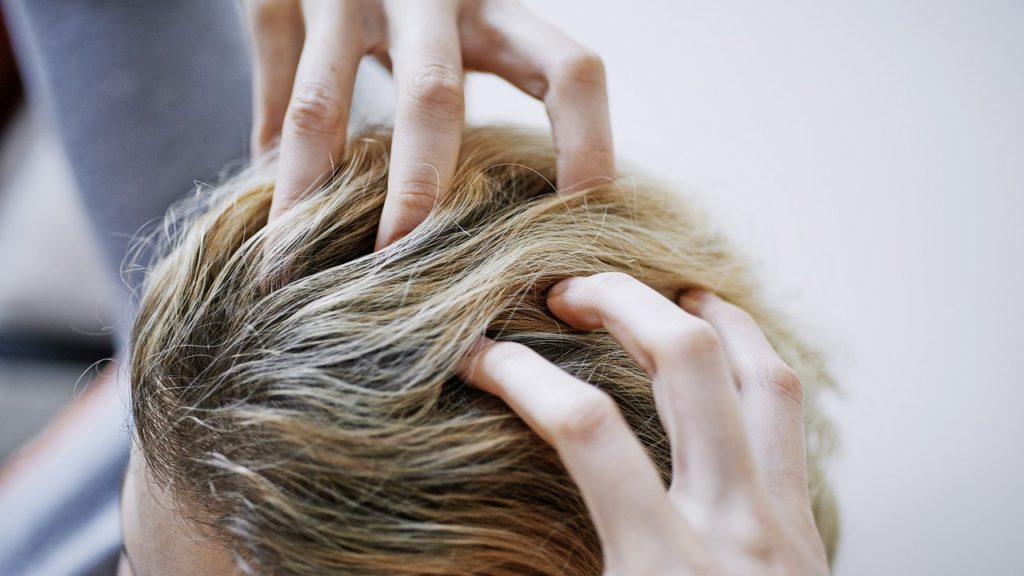
Hair is considered as one of the most crucial part of our body. We are living in the environment where we are surrounded by tremendous pollution. It largely affects our scalp and results in terrific hair fall. In our daily busy schedule, we hardly get time to concentrate on maintaining the health of our hair. To keep our hair healthy, we need to follow some ways in our daily lives.
Losing hair is a very common problem these days and sometimes this problem goes that viral that people may fall into severe mental disorder. There are several treatments available in the medical science which could fight against the hair loss. Some treatment has its stunning result whereas some of them have failed to provide its charisma. Therefore, it is not always good to rely on all the treatments.

Among all the treatments, Hair Transplant is considered as the most effective one. Even after the hair transplant treatment, one can lose hair. This is commonly known as the post-operative shedding. Losing 50-100 hairs in a day is normal but it is matter of worry if one loses more than 150 hairs in a day.
Shedding, immediately after one goes through the hair transplant:
Shedding of hair immediately after one goes through transplant is considered as a very normal phenomenon. Responding to every trauma is a very natural reaction for our body. One undergoes various stages of hair transplantation procedures. Once the transplantation gets completed, the patients face the post operation shedding even after 1 to 4 weeks. It is very natural shedding which gets cured after one or one and a half months.
In medical terms, the hair loss after the transplantation is known as effluvium. One needs to keep track that how long this effluvium continues. If one observes that the effluvium is continuing even after 6-7 weeks, then one should immediately consult a doctor and take necessary actions in this case.
There are few interesting factors that one needs to consider while one is going through this extended effluvium stage. The miniaturization, genetic balding process, is another interesting factor which one needs to be followed while one is going through the effluvium phase. If the miniaturization and the effluvium phase overlaps, then one can face the hair loss in a higher rate.
Avoiding Effluvium
There are various techniques used during the hair transplantation and each of these techniques has its after effects. Effluvium is one of the most common effects in this case. Mishandling of hair while grafting and the usage of bad techniques are the genuine causes of extended effluvium. However, this effluvium phase can be avoided, if one goes through proper medication. The FUE and the FUT hair restoration surgery, the patient undergoes severe stress due to the anaesthetic mixture. As a result of the application of this mixture in the scalp, the patient faces effluvium. However, correct course of the medication, heals up the scalp and help the patient to get over from the effluvium phase.
Conclusion
The reason behind the loss of the transplanted is the sudden obstruction of blood supply in the scalp. As an immediate result of this, the hair fall takes place and it continues till six to seven weeks after the transplantation.
A very small percentage of people is there, who never cross the effluvium phase. Though the hair transplant is considered as one of the best solutions, it is better to avoid transplantation as the patient has to go through several difficult phases, once the transplantation is done. Also it is not an easy task to cross the effluvium phase for the patient. Apart from the hair transplantation, there are various other options available in the medical science which helps to reduce hair loss but the person has to take the recommendation from the right place.

